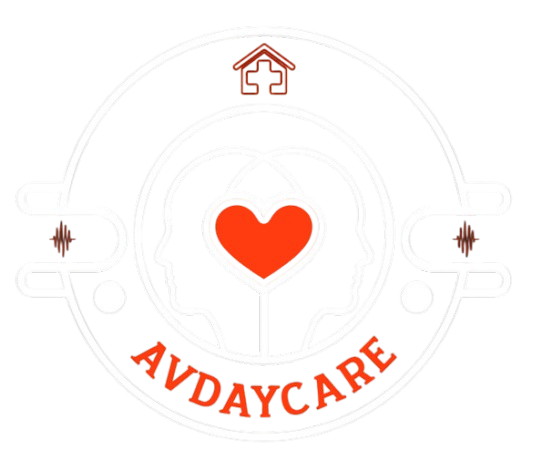
Cannabidiol (CBD) and delta9tetrahydrocannabinol (THC) are two of the most well known compounds derived from the cannabis plant. While they come from the same source, these compounds have distinct effects on the body and are associated with different health applications. This article aims to provide a comprehensive overview of CBD and THC purchased from the best online hemp boutique, highlighting their differences and exploring their respective roles in health and wellness.
Chemical Structure and Psychoactivity
One of the most significant distinctions between CBD and THC is their psychoactive effects. THC is known for its psychoactive properties, which induce the characteristic “high” associated with marijuana use. This effect is a result of THC binding to the CB1 receptors in the brain, which are responsible for mood, memory, and cognitive function.
On the other hand, CBD does not produce the same psychoactive effects as THC. CBD does not bind strongly to CB1 receptors and does not alter consciousness or induce euphoria. This makes CBD a more appealing option for individuals who seek therapeutic benefits without the mindaltering sensations.
Medical and Therapeutic Applications
CBD and THC offer a range of potential health applications, though they address different concerns:
- Pain Management:
THC: THC is known for its potent analgesic effects. It has been used to manage pain associated with conditions such as cancer, multiple sclerosis, and chronic pain disorders.
CBD: CBD also exhibits analgesic properties and has been explored as a potential remedy for chronic pain conditions. Its antiinflammatory effects contribute to its painrelieving capabilities.
- Anxiety and Stress:
THC: While THC can temporarily reduce anxiety in some individuals, it can also induce or exacerbate anxiety and paranoia in others.
CBD: CBD has shown promise in reducing anxiety and stress. It interacts with serotonin receptors and has a calming effect without the potential for increased anxiety.
- Epilepsy and Seizures:
THC: THC can increase seizure activity in some cases and is not generally used for epilepsy management.

CBD: CBD has gained significant attention for its anticonvulsant properties. Epidiolex, a CBDbased medication, has been approved by the FDA for certain types of epilepsy.
- Sleep Disorders:
THC: THC may help induce sleep but can also disrupt sleep patterns and lead to grogginess the next day.
CBD: CBD’s potential to reduce anxiety and promote relaxation indirectly contributes to improved sleep quality.
- Appetite and Nausea:
THC: THC is wellknown for stimulating appetite and reducing nausea. It’s often used in cancer patients undergoing chemotherapy.
CBD: CBD does not have the same appetitestimulating effects but may still influence nausea and vomiting through its interaction with serotonin receptors.
Legal Considerations
The legal status of CBD and THC varies from one jurisdiction to another. In many places, CBD derived from hemp (with less than 0.3% THC) is legal, while THC remains a controlled substance due to its psychoactive nature.
FullSpectrum vs. Isolate
CBD and THC are often used in different forms, including fullspectrum and isolate products:
- FullSpectrum:
Fullspectrum CBD products contain not only CBD but also other cannabinoids, terpenes, and compounds found in the cannabis plant, including trace amounts of THC (usually below 0.3%). This combination is believed to create an “entourage effect,” where the different compounds work synergistically to enhance each other’s effects.
- Isolate:
CBD isolate is pure CBD, separated from other compounds. It contains no THC or other cannabinoids. Some individuals prefer isolate products to avoid any potential trace amounts of THC.






